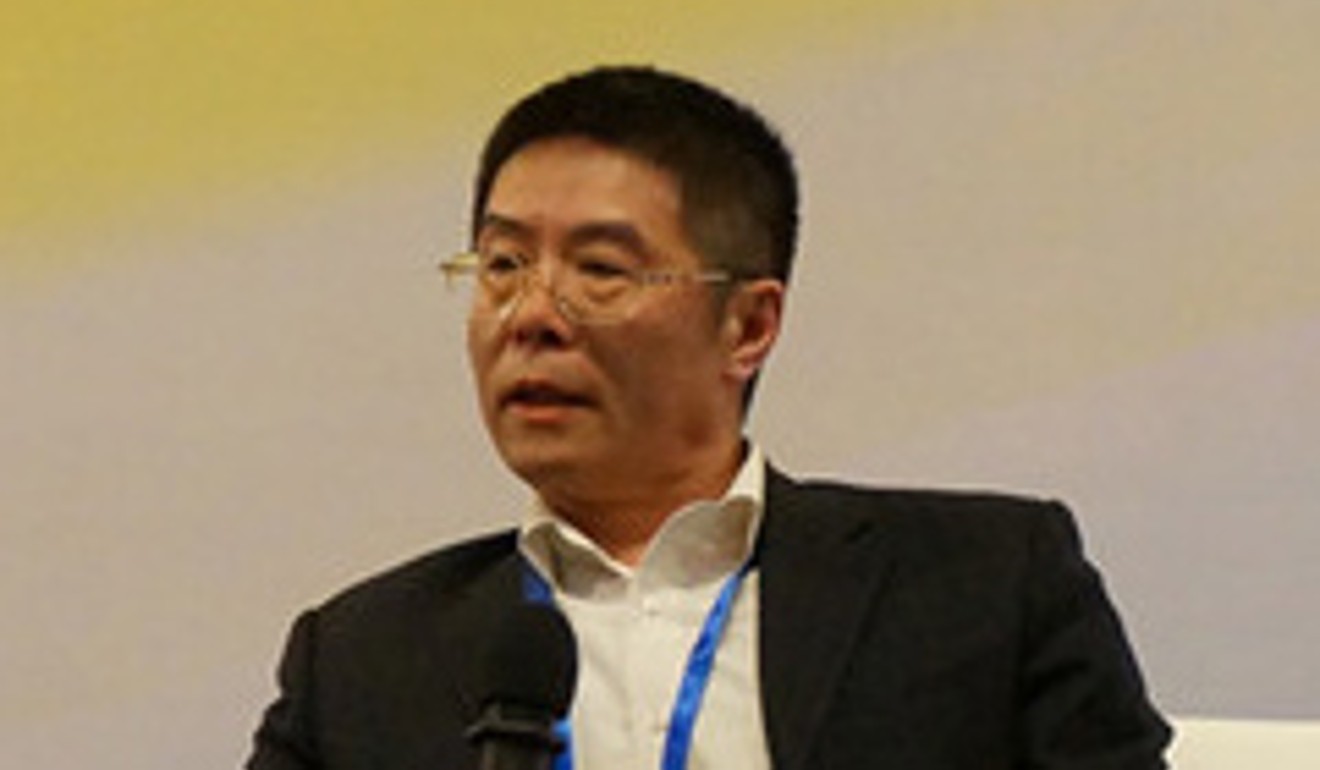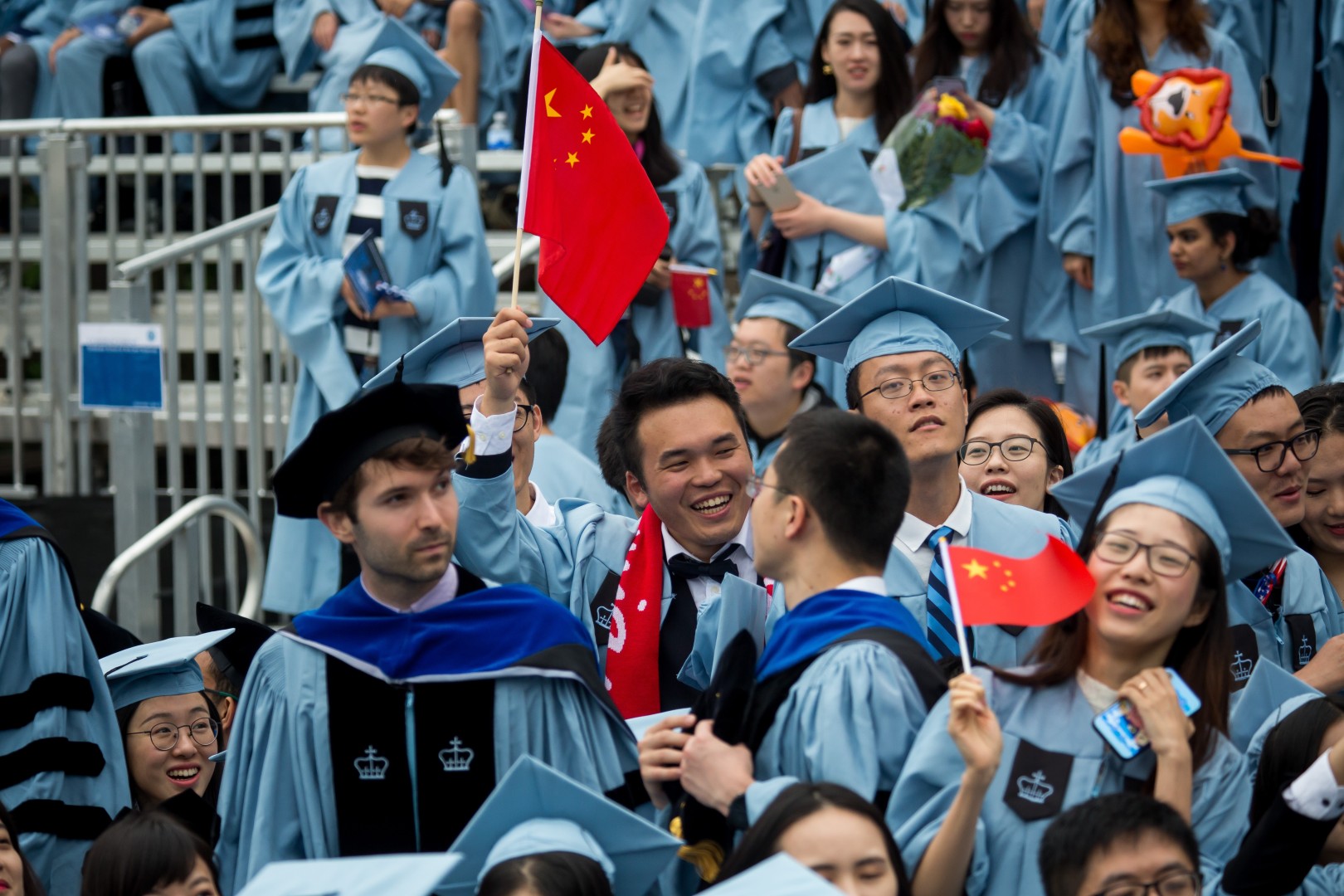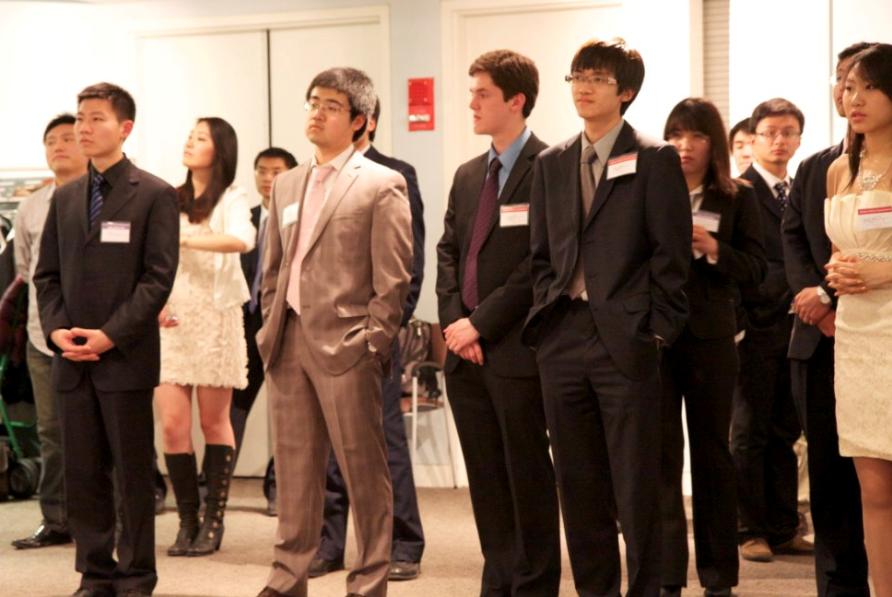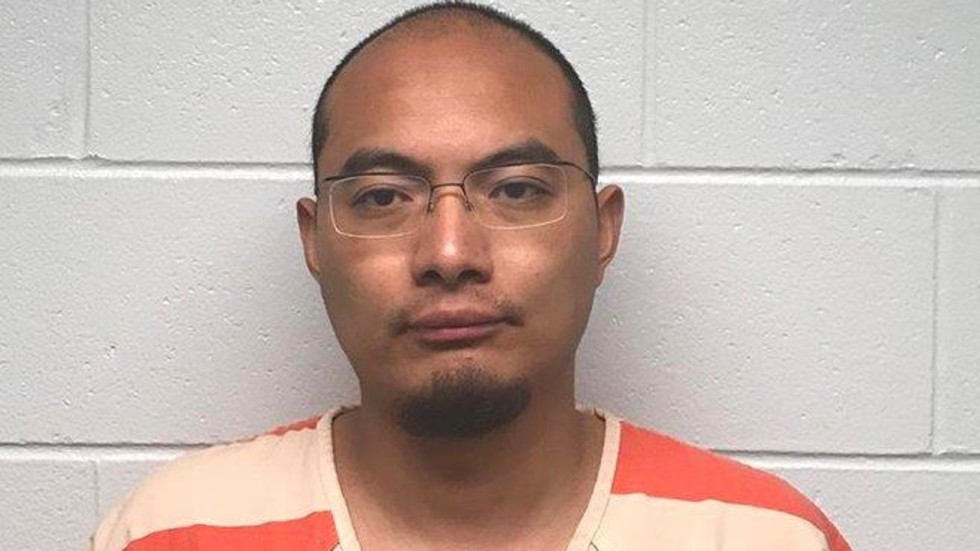By Alan Crawford and Peter Martin
When a suspected Chinese spy was extradited to the US last year, the US Department of Justice praised the “significant assistance” given by authorities in Belgium.
Xu Yanjun was arrested in Belgium after going there to meet a contact “for the purpose of discussing and receiving the sensitive information he had requested,” the US indictment said.
Xu was charged with attempting to commit economic espionage, with GE Aviation the main target. The case is pending.
Belgium might seem an unlikely destination for a Chinese agent, but it is a den of spies, the Belgian State Security Service (VSSE) says.
It says the number of operatives is at least as high as during the Cold War and Brussels is their “chessboard.”
Host to the EU’s institutions and NATO headquarters, Belgium is an alluring draw card for aspiring espionage-makers.
Host to the EU’s institutions and NATO headquarters, Belgium is an alluring draw card for aspiring espionage-makers.
Diplomats, lawmakers and military officials mingle, sharing gossip and ideas, while Belgium’s strategic location makes it important to China in its own right as a place to exert its influence in Europe.
“The mere fact that we hold international institutions such as NATO and the EU makes Belgium a natural focus for China,” Brussels-based Egmont Royal Institute for International Relations research fellow Bruno Hellendorff said.
“The mere fact that we hold international institutions such as NATO and the EU makes Belgium a natural focus for China,” Brussels-based Egmont Royal Institute for International Relations research fellow Bruno Hellendorff said.
“It’s common knowledge that there are many spies in Brussels, and these days espionage from China is a major and growing concern.”
German newspaper Die Welt in February cited an unpublished assessment by the EU’s European External Action Service that about 250 Chinese spies were working in Brussels — more than from Russia.
German newspaper Die Welt in February cited an unpublished assessment by the EU’s European External Action Service that about 250 Chinese spies were working in Brussels — more than from Russia.

Famous Chinese spy Song Xinning
Song Xinning, a Chinese director of the Confucius Institute at VUB Brussels University, was in October barred from entering the EU Schengen area for eight years after being accused of espionage.
An insight into the methods employed by China are outlined in the Xu indictment.
An insight into the methods employed by China are outlined in the Xu indictment.
His duties included obtaining trade secrets from aviation and aerospace companies in the US, “and throughout Europe.”He used aliases and invited experts on paid trips to China to deliver presentations at Nanjing University of Aeronautics and Astronautics, operated by the Chinese Ministry of Industry and Information Technology.
He ensured targets carried a work computer whose data could be captured.
The US remains at the core of Beijing’s espionage activities — the head of the FBI in July said that China was trying to “steal their way up the economic ladder at our expense.”
Yet Europe appears increasingly in focus, with cases of interference by China identified in Poland, France, Germany and the UK.
“The Chinese are becoming far more active than they were 10 or 20 years ago,” said former British diplomat Charles Parton, who has more than two decades of experience of China.
Espionage is “the far end of the spectrum” of interference that ranges from academia to “technological spillover” — collecting data to send back to China for mining, London-based Royal United Services Institute senior associate fellow Parton said.
Belgium’s elite generally has a relaxed attitude toward China that can open it to charges of complacency.
The US remains at the core of Beijing’s espionage activities — the head of the FBI in July said that China was trying to “steal their way up the economic ladder at our expense.”
Yet Europe appears increasingly in focus, with cases of interference by China identified in Poland, France, Germany and the UK.
“The Chinese are becoming far more active than they were 10 or 20 years ago,” said former British diplomat Charles Parton, who has more than two decades of experience of China.
Espionage is “the far end of the spectrum” of interference that ranges from academia to “technological spillover” — collecting data to send back to China for mining, London-based Royal United Services Institute senior associate fellow Parton said.
Belgium’s elite generally has a relaxed attitude toward China that can open it to charges of complacency.
A fractured political system makes it harder to craft a unified strategy — there is still no government six months after elections.A delegation to China this month included four ministers responsible for trade relations — a federal minister plus one each for Dutch-speaking Flanders, Francophone Wallonia and Brussels.
Even as the EU adopts a more skeptical stance toward China — losing its naivety, as one senior European official put it — Belgium is opening the gates to Chinese investments in strategic areas from energy to shipping and technology.
Belgium is responding to China’s rise “in a pragmatic way,” stressing its advantages in areas such as logistics, while ensuring “attention to the sustainability of the projects and respect for international standards,” the Belgian Ministry of Foreign Affairs said.
“They [Belgium] have very advanced technologies that China needs,” said Renmin University Institute of International Affairs director Wang Yiwei 王義桅, a former Chinese diplomat based in Brussels.
Even as the EU adopts a more skeptical stance toward China — losing its naivety, as one senior European official put it — Belgium is opening the gates to Chinese investments in strategic areas from energy to shipping and technology.
Belgium is responding to China’s rise “in a pragmatic way,” stressing its advantages in areas such as logistics, while ensuring “attention to the sustainability of the projects and respect for international standards,” the Belgian Ministry of Foreign Affairs said.
“They [Belgium] have very advanced technologies that China needs,” said Renmin University Institute of International Affairs director Wang Yiwei 王義桅, a former Chinese diplomat based in Brussels.
“Through Brussels you can access Europe and even the United States.”
He said that Chinese innovation is fast catching up with the US.
All nations make efforts to win over hearts and minds, and much influence-building is legitimate diplomatic activity, but there is also a gray zone and it can be “difficult to tell the hand of the Chinese state from a much more diffuse web of influence-peddling,” the European Council on Foreign Relations said in a 2017 report.
He said that Chinese innovation is fast catching up with the US.
All nations make efforts to win over hearts and minds, and much influence-building is legitimate diplomatic activity, but there is also a gray zone and it can be “difficult to tell the hand of the Chinese state from a much more diffuse web of influence-peddling,” the European Council on Foreign Relations said in a 2017 report.
Flemish Quislings
Brecht Vermeulen, chairman of the Belgian parliament’s home affairs committee until losing his seat this year, joined parliament’s China friendship group soon after his election in 2014 as a lawmaker for the Flemish nationalist N-VA party, the largest group in the then-ruling coalition.
Over the course of his five-year term, Vermeulen made several trips to China, where officials briefed him on technological advances in artificial intelligence, facial recognition and cybersecurity.
During that time, N-VA policy evolved from sympathizing with efforts by some in Taiwan and Hong Kong to keep a distance from China, toward what Vermeulen called “Realpolitik.”
“I think we must open more doors to the Chinese and see how they react,” Vermeulen said in an interview in Ghent.
Over the course of his five-year term, Vermeulen made several trips to China, where officials briefed him on technological advances in artificial intelligence, facial recognition and cybersecurity.
During that time, N-VA policy evolved from sympathizing with efforts by some in Taiwan and Hong Kong to keep a distance from China, toward what Vermeulen called “Realpolitik.”
“I think we must open more doors to the Chinese and see how they react,” Vermeulen said in an interview in Ghent.
“If they open their doors, too, then it’s good on both sides. Of course, we are a small country and China is enormous, but if we act in one way and there’s a reaction in the same way, then OK, we can proceed, step by step.”
Still, there are signs that the Belgian authorities are attuned to potential threats.
State Grid Corp of China, which has more employees than Brussels has inhabitants, in 2016 bid for a stake in energy company Eandis.
Still, there are signs that the Belgian authorities are attuned to potential threats.
State Grid Corp of China, which has more employees than Brussels has inhabitants, in 2016 bid for a stake in energy company Eandis.
A last-minute leak of a VSSE dossier urged “extreme caution,” citing the risk that Belgian technology could be used by the Chinese military, and a planned vote on the bid never took place.
Engaging with China’s influence apparatus is not without risks.
Filip Dewinter, a regional lawmaker with the far-right Vlaams Belang party, was investigated over his ties to an organization suspected of spying for China.
Engaging with China’s influence apparatus is not without risks.
Filip Dewinter, a regional lawmaker with the far-right Vlaams Belang party, was investigated over his ties to an organization suspected of spying for China.
The probe was dropped after it was found Dewinter had committed no crime.
“Maybe I had too much faith in these people,” De Morgen cited Dewinter as saying in February, adding that he was now “more informed” about Chinese espionage and the need “to be careful.”
However, while there is now “some strategic thinking” on China in Belgium, the institutional setup means it is not across the board, Hellendorff said.
He sees “little to no dialogue between regions on the implications of growing Chinese investment in the country, not only in economic terms, but also in terms of its impact on values and influence.”That lack of coordination between regions and layers of government allows Antwerp Mayor Bart de Wever to play an outsize role in ties with Beijing.
“Maybe I had too much faith in these people,” De Morgen cited Dewinter as saying in February, adding that he was now “more informed” about Chinese espionage and the need “to be careful.”
However, while there is now “some strategic thinking” on China in Belgium, the institutional setup means it is not across the board, Hellendorff said.
He sees “little to no dialogue between regions on the implications of growing Chinese investment in the country, not only in economic terms, but also in terms of its impact on values and influence.”That lack of coordination between regions and layers of government allows Antwerp Mayor Bart de Wever to play an outsize role in ties with Beijing.
Antwerp is home to Europe’s second-largest port and has a direct rail link to China.
Wang thinks bilateral relations are developing well.
“In Europe there’s a saying that small is beautiful,” Wang said.
Wang thinks bilateral relations are developing well.
“In Europe there’s a saying that small is beautiful,” Wang said.
“Belgium is beautiful in the Chinese understanding.”







